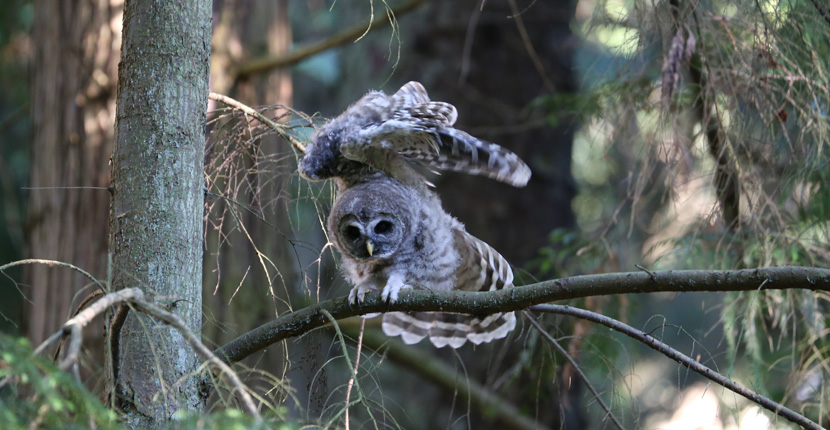
Photo credit: Anthony Ho
Learning experience
CELL was borne out of a desire to fill an important gap in the way we prepare aspiring young lawyers for careers in public interest law and litigation.
Opportunities for students to learn about litigation in a hands-on, real time setting while in law school are exceedingly rare; and even rarer in public interest environmental cases.
Lawyers that do gain exposure to public interest environmental litigation early in their career often find the experience daunting due to the pressures and expectations involved, particularly where the matter is factually and legally complex. These pressures and expectations can discourage them pursuing challenging public interest litigation work, diverting their enthusiasm and energies to other pursuits. The result is that important environmental law issues never reach the courts.
CELL trains law students and junior lawyers to take on active conduct of complex environmental litigation. CELL’s educational approach has several key elements.
CELL is strongly committed to experiential learning. CELL sees the litigator’s art as fundamentally a complex vocation and skillset. This means that the best way to learn to litigate is to engage in litigation. Learning at CELL will mean working at CELL, gaining hands-on real-time exposure to real-life public interest environmental litigation file: see “Litigation”. Students will engage in all facets of a case including conceptual development, client counselling, strategizing, negotiating, disclosure, pre-hearing motions, witness preparation, cross-examination, and oral and written argument.
CELL’s approach is creative and flexible. CELL will work closely with existing law schools, environmental law clinics and public interest environmental legal service providers to combine litigation opportunities with conventional for-credit law courses and co-op programs. We will also extend our training well beyond when students receive their law school degree. We will be working towards offering articling positions, internships, secondments and work-study arrangements.
CELL will train lawyers by both teaching and mentoring. CELL is mindful of the distinction between teaching and mentorship; we aspire to offer both roles. Students and junior lawyers working with us will be assigned both a formal file supervisor as well as career mentor. CELL will strive to develop relationships with those who come to work with us that will continue long into the future, and lend long term support to CELL’s profile and mission.
CELL is committed to an interdisciplinary, team approach to learning and litigation. Teamwork and delegation is essential for success in complex litigation. Close supervision will create a range of rich learning opportunities arising in a variety of contexts including self-directed work, supervisor feedback, team meetings, discussions with clients, and ongoing interactions with other lawyers and expert witnesses. While students with prior professional training or an academic background in science can often provide special assistance on files, we have found that most students can flourish in this team environment as long as they have a strong work ethic.
